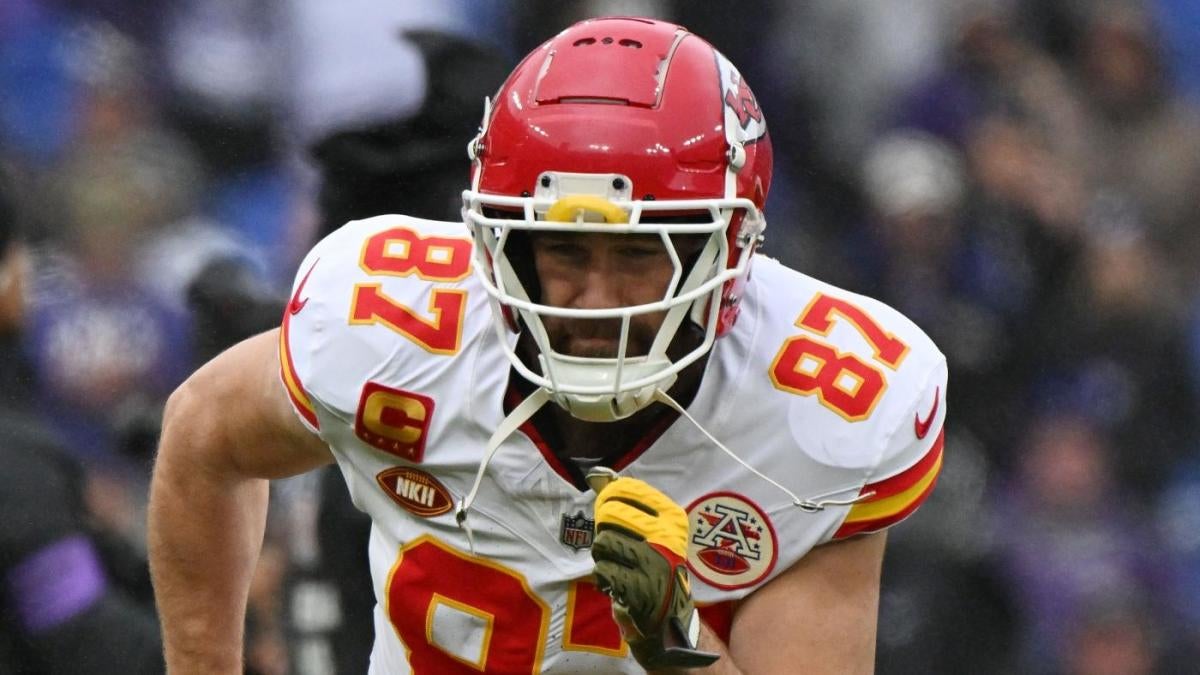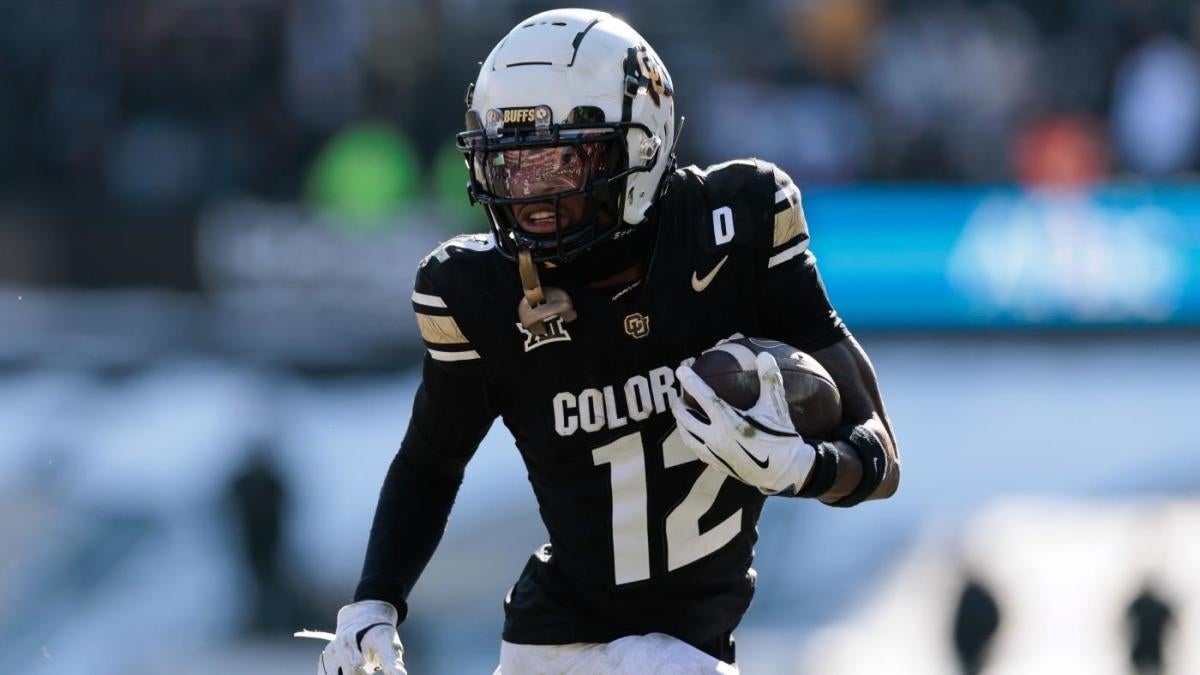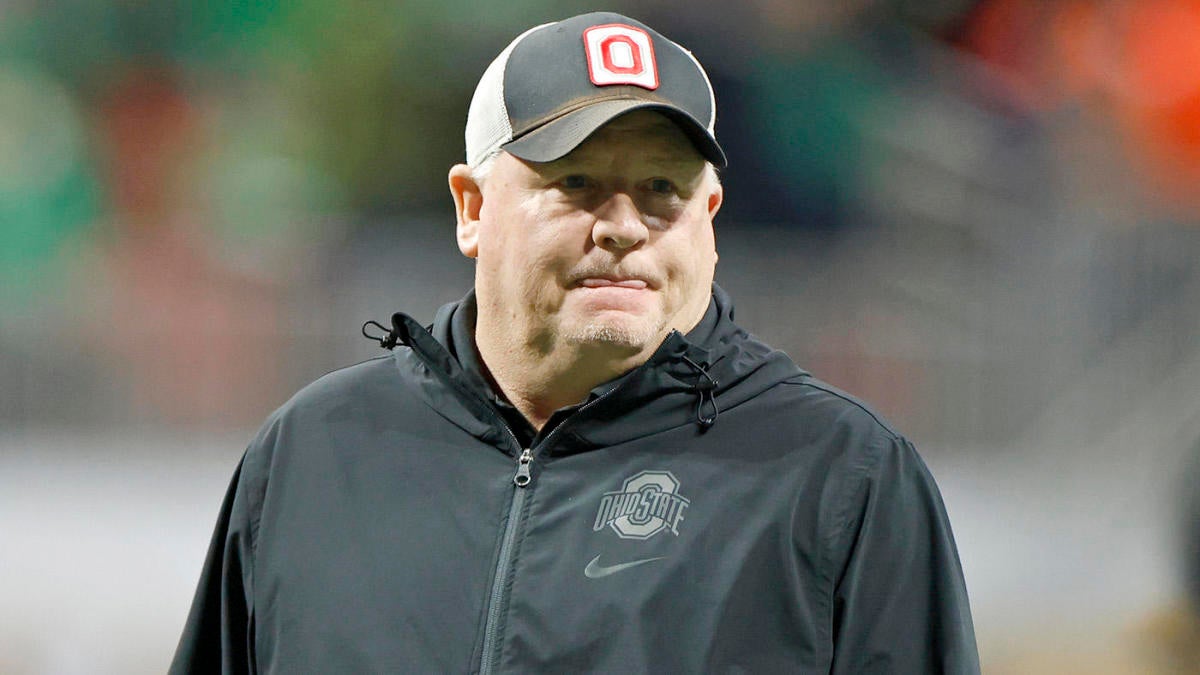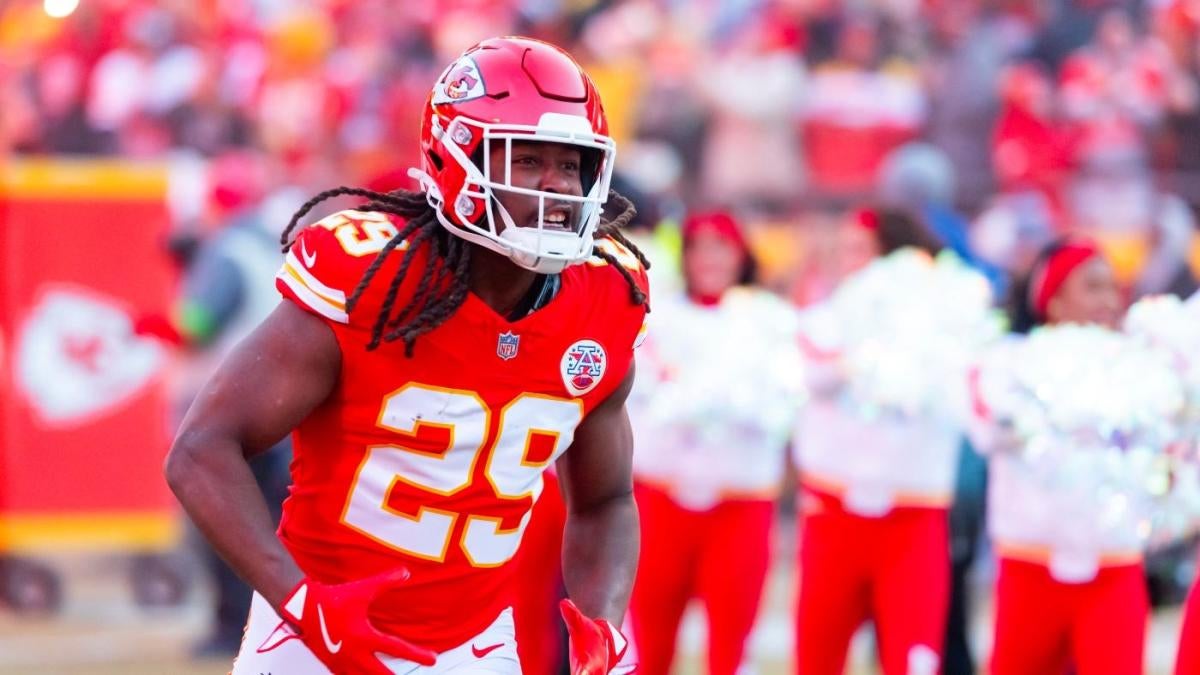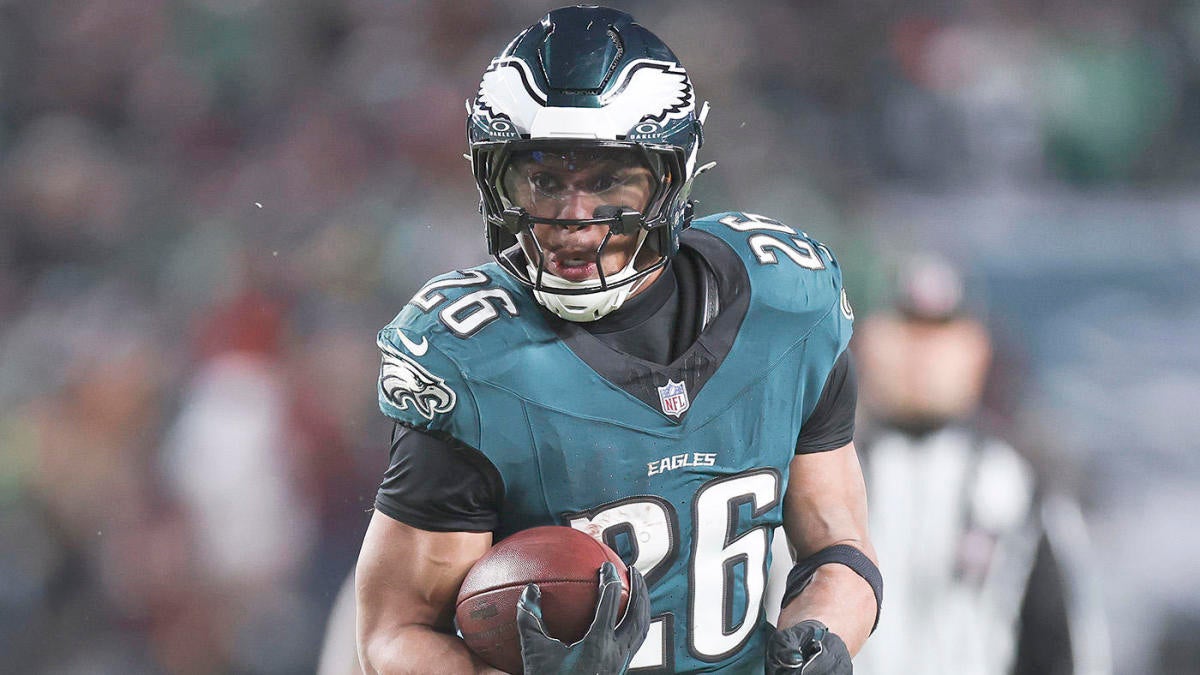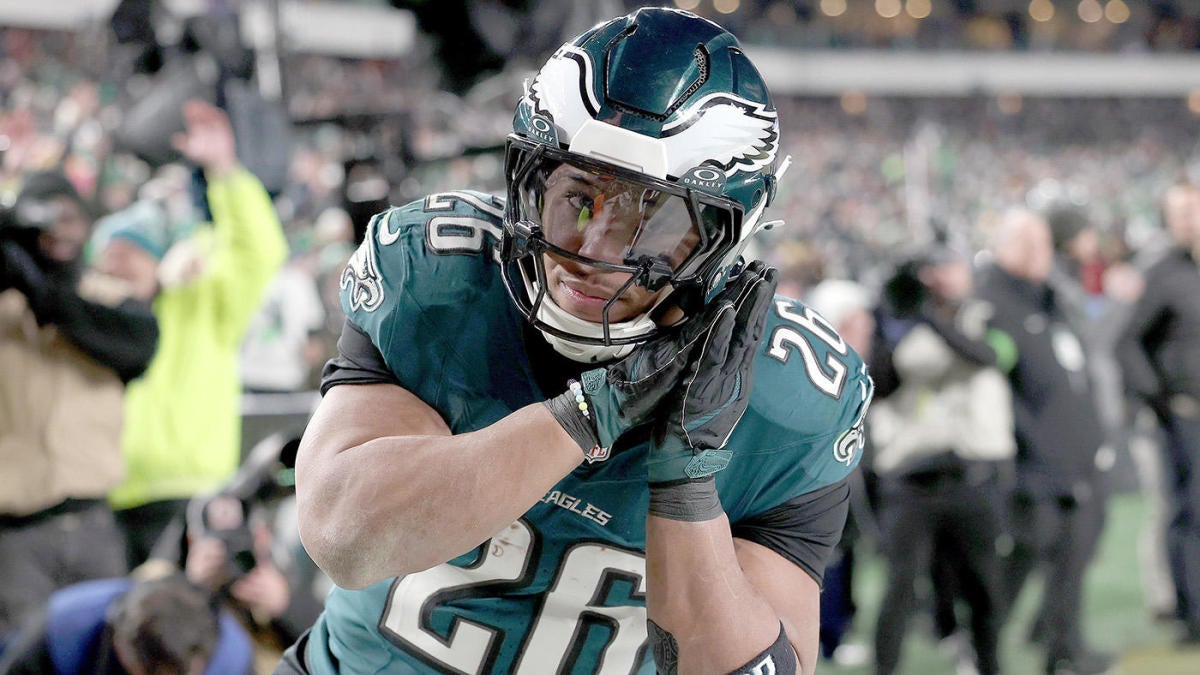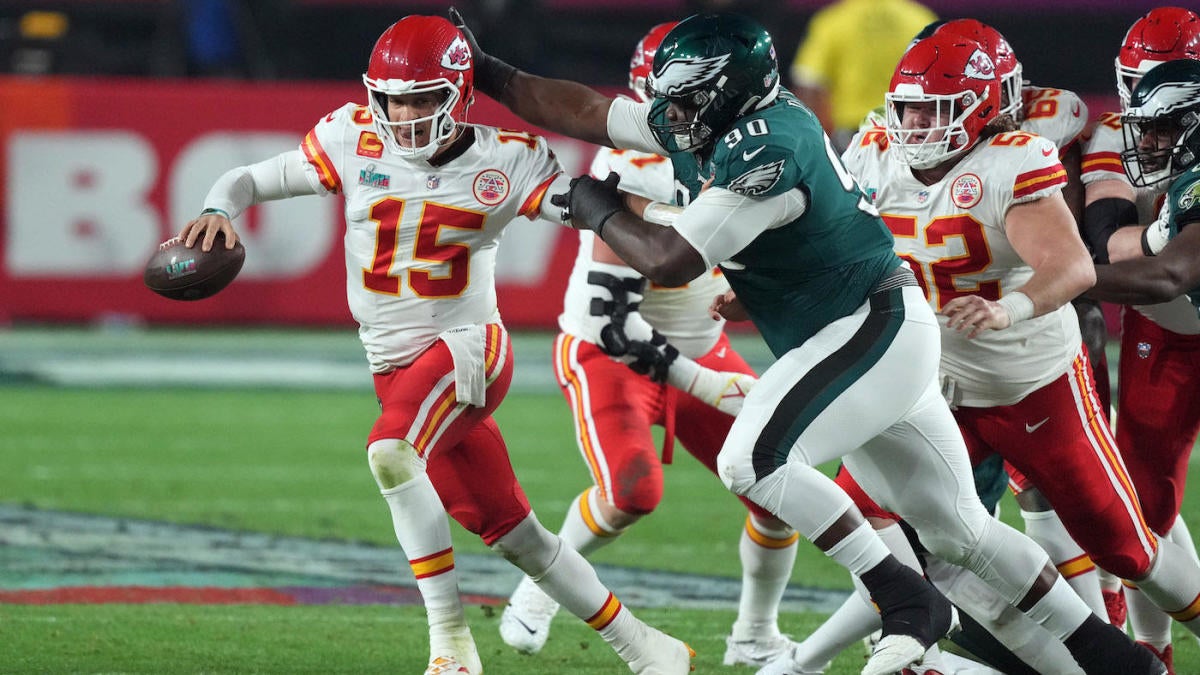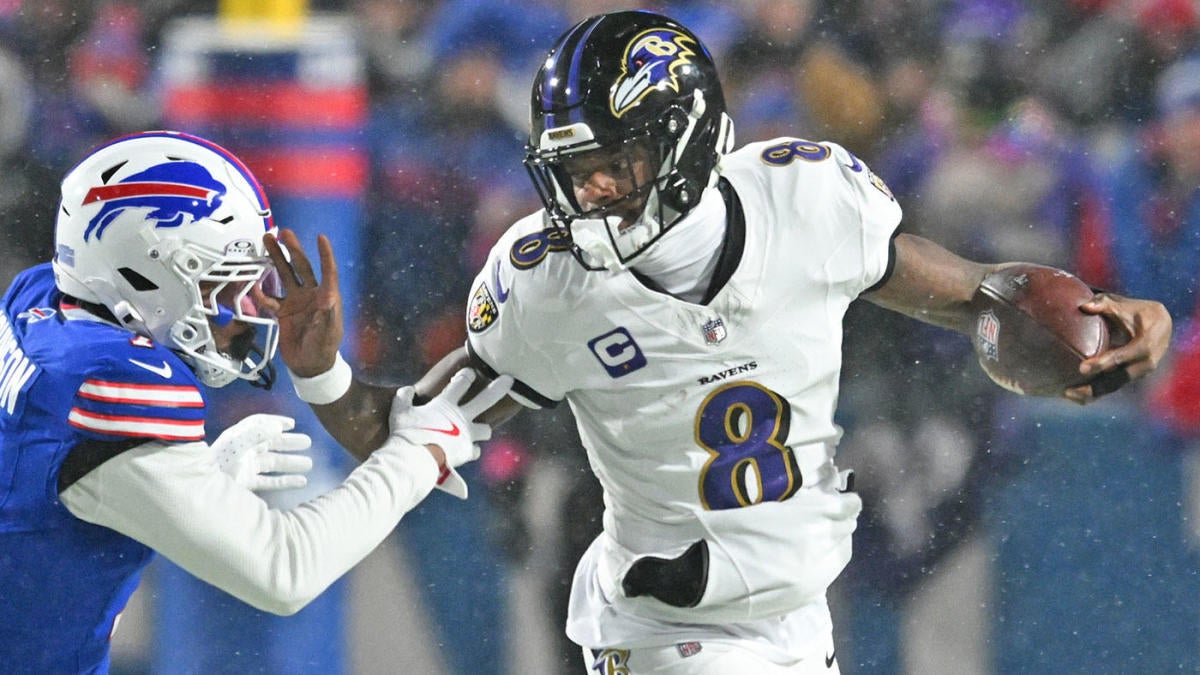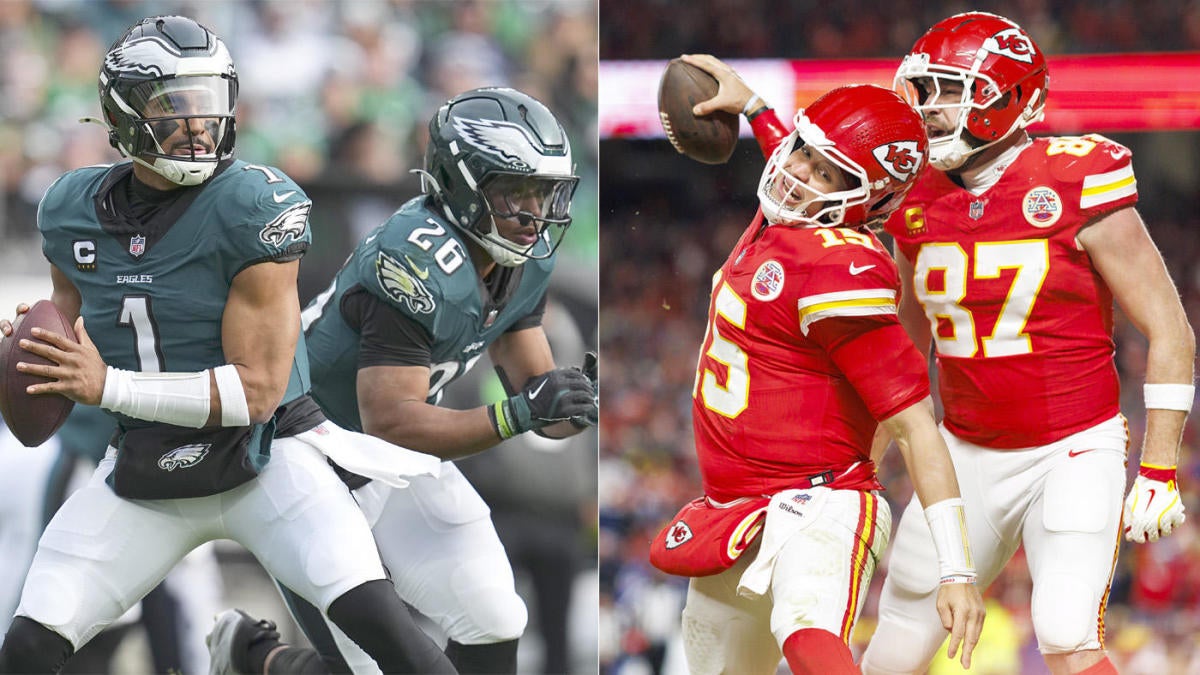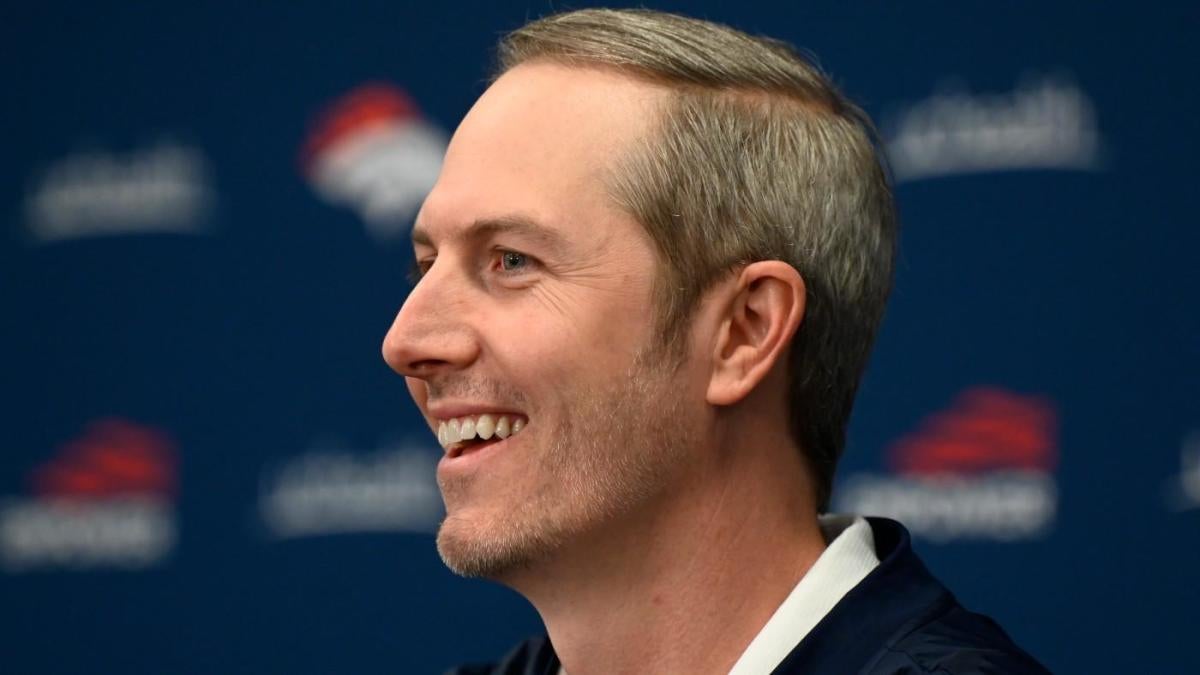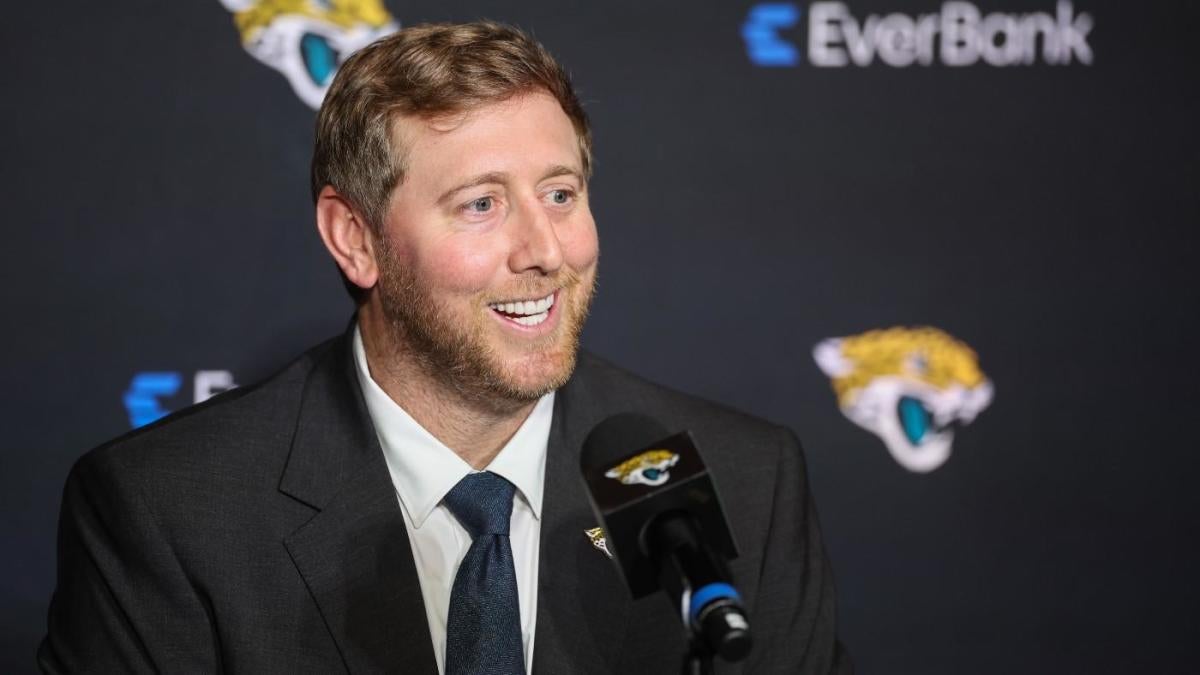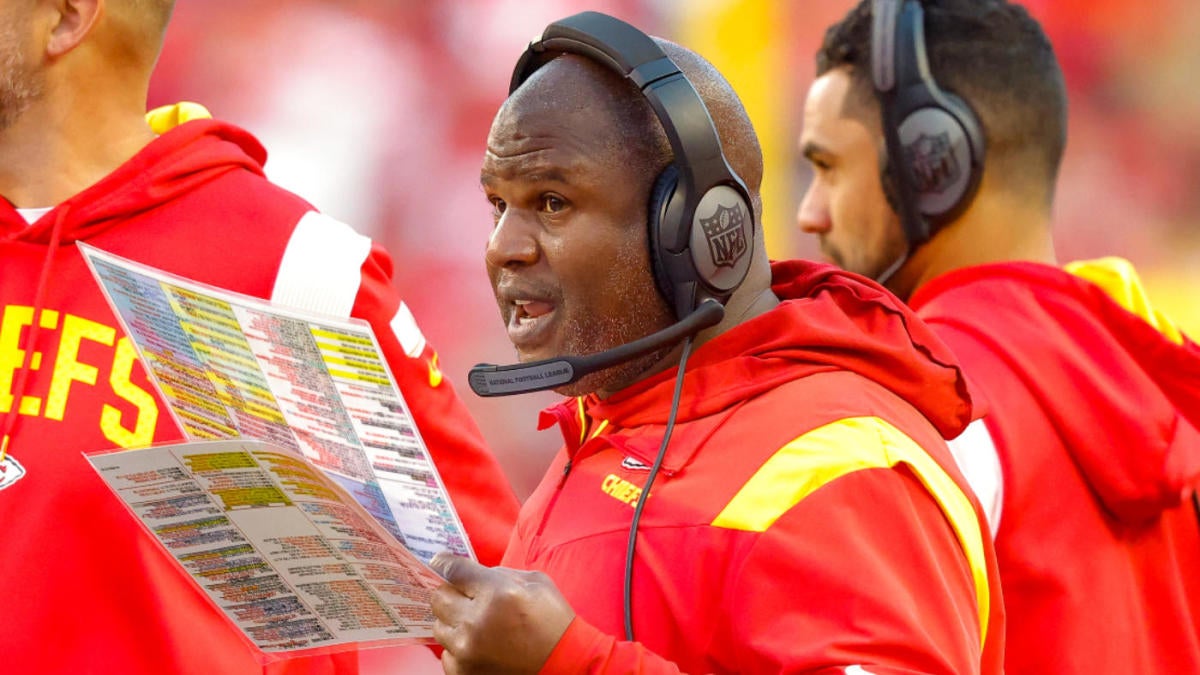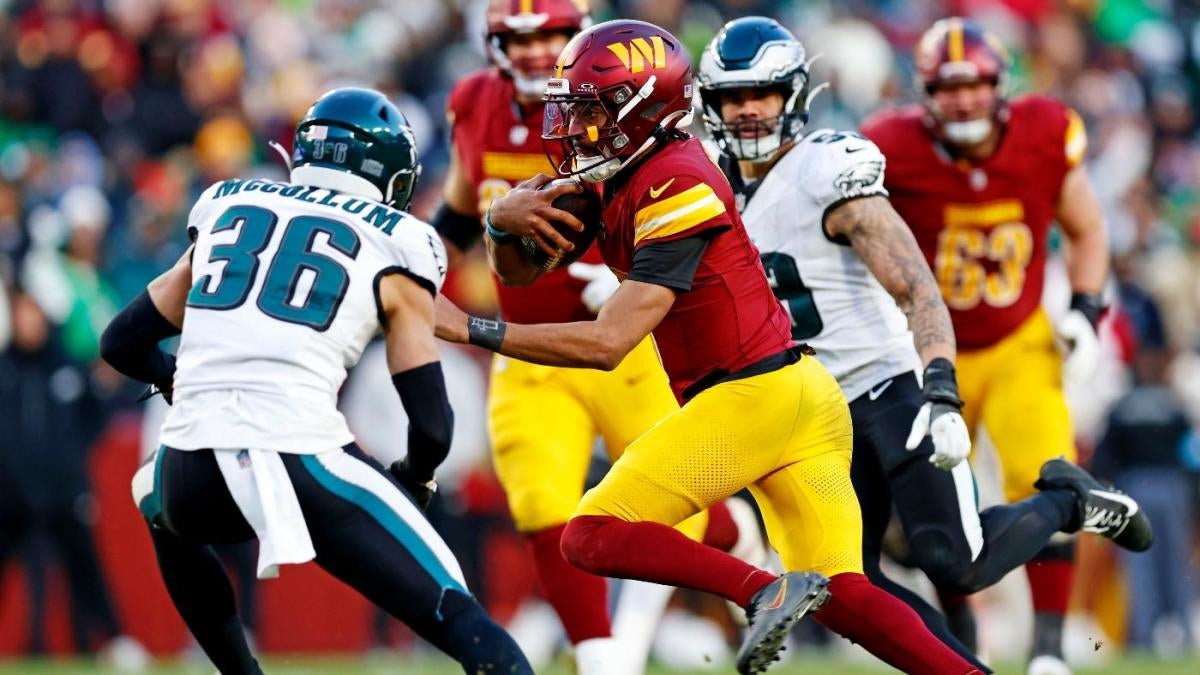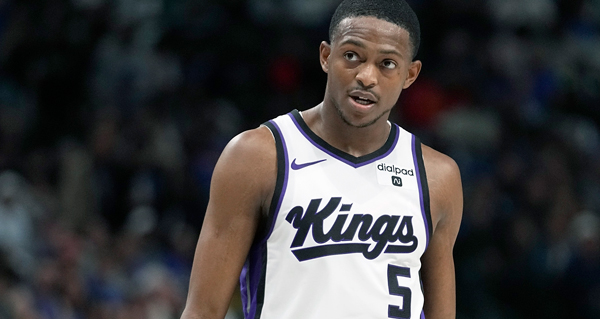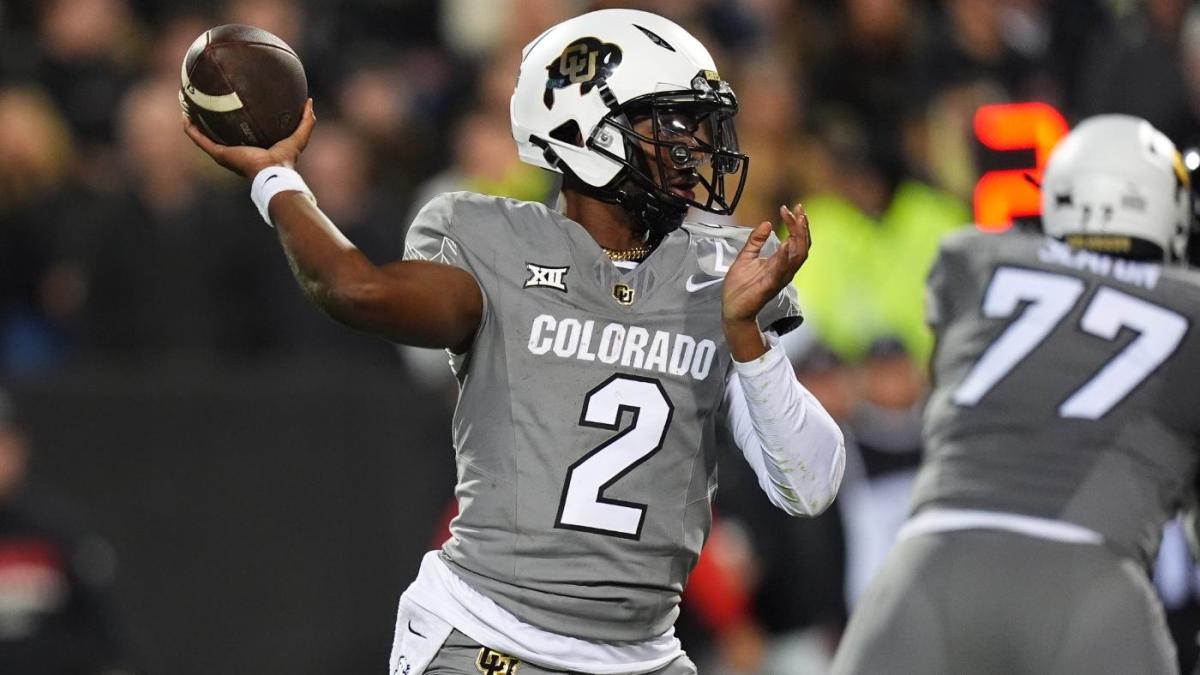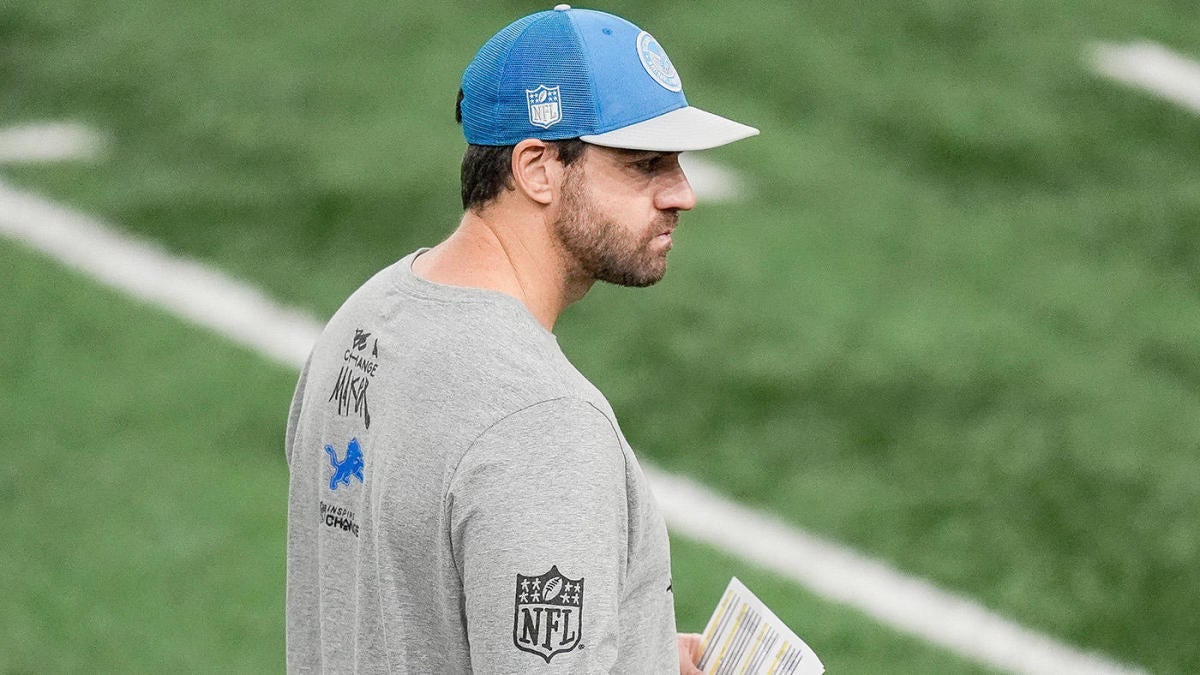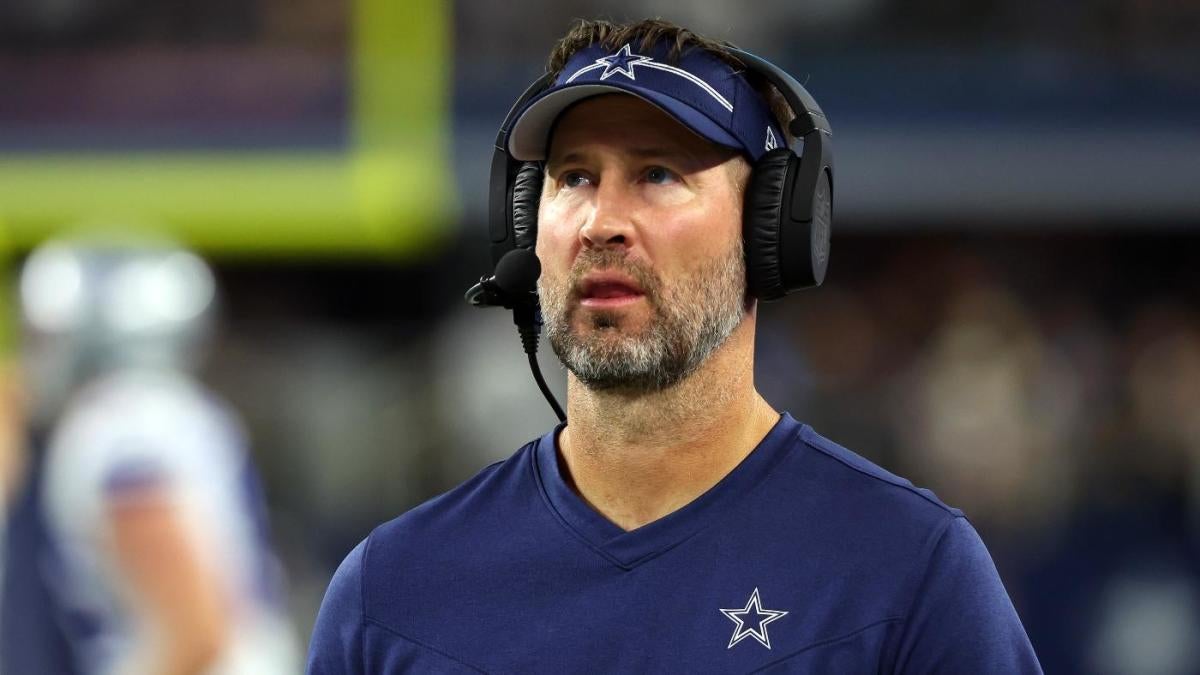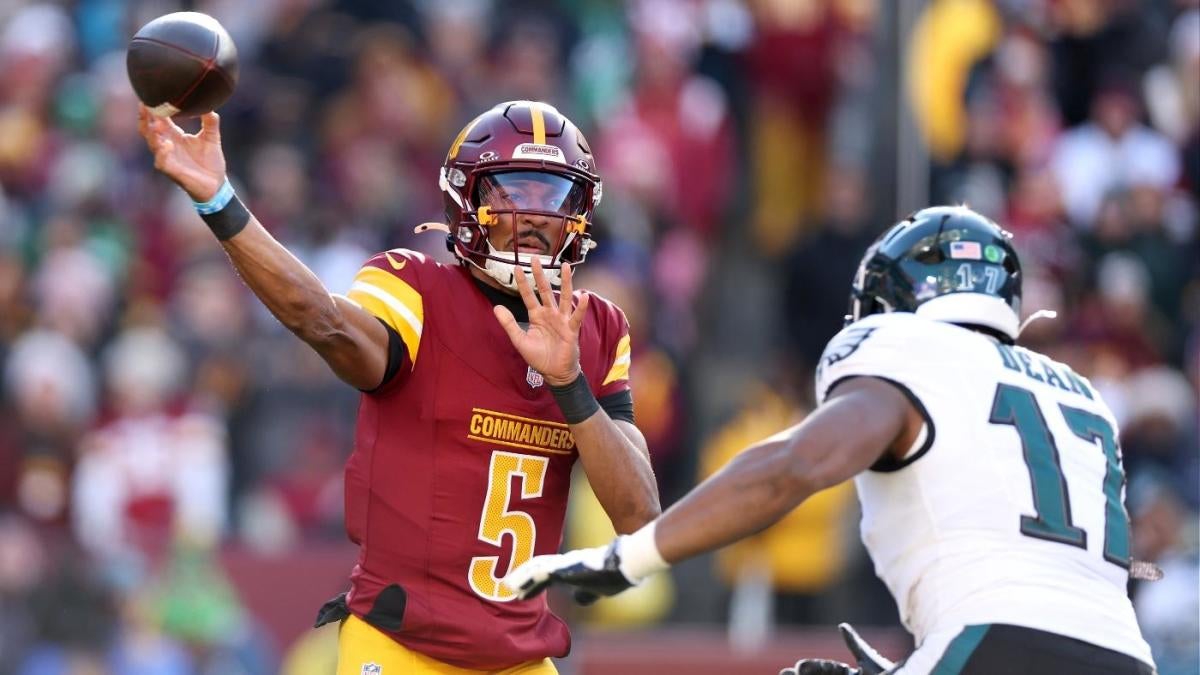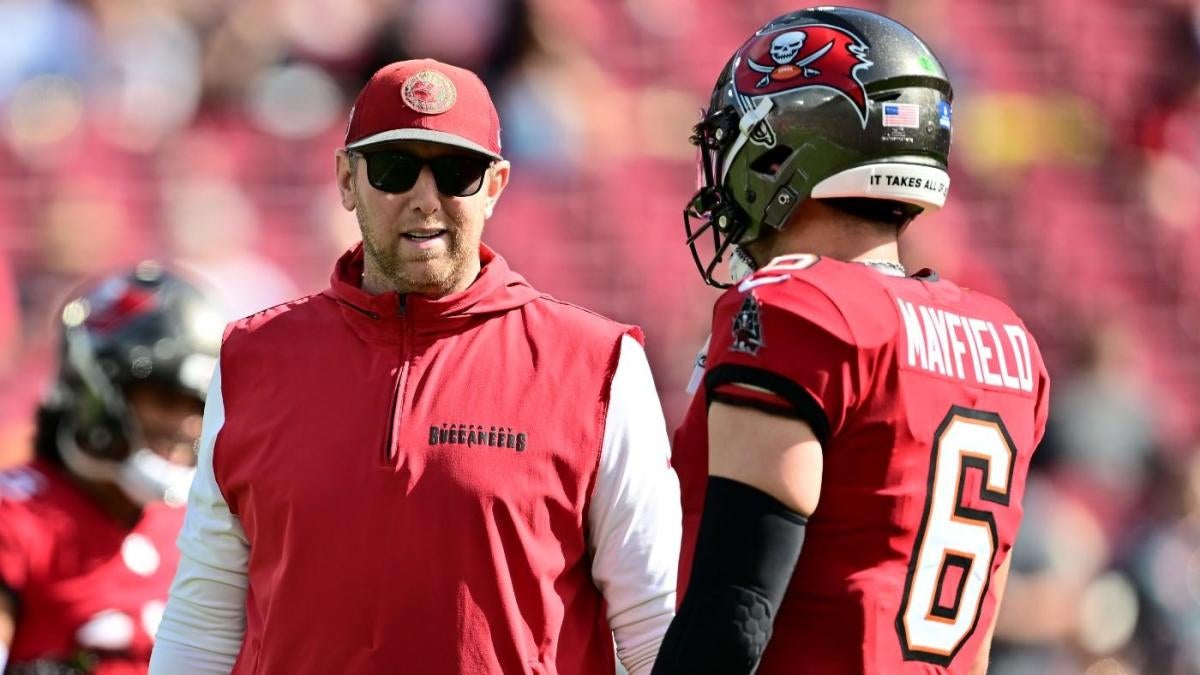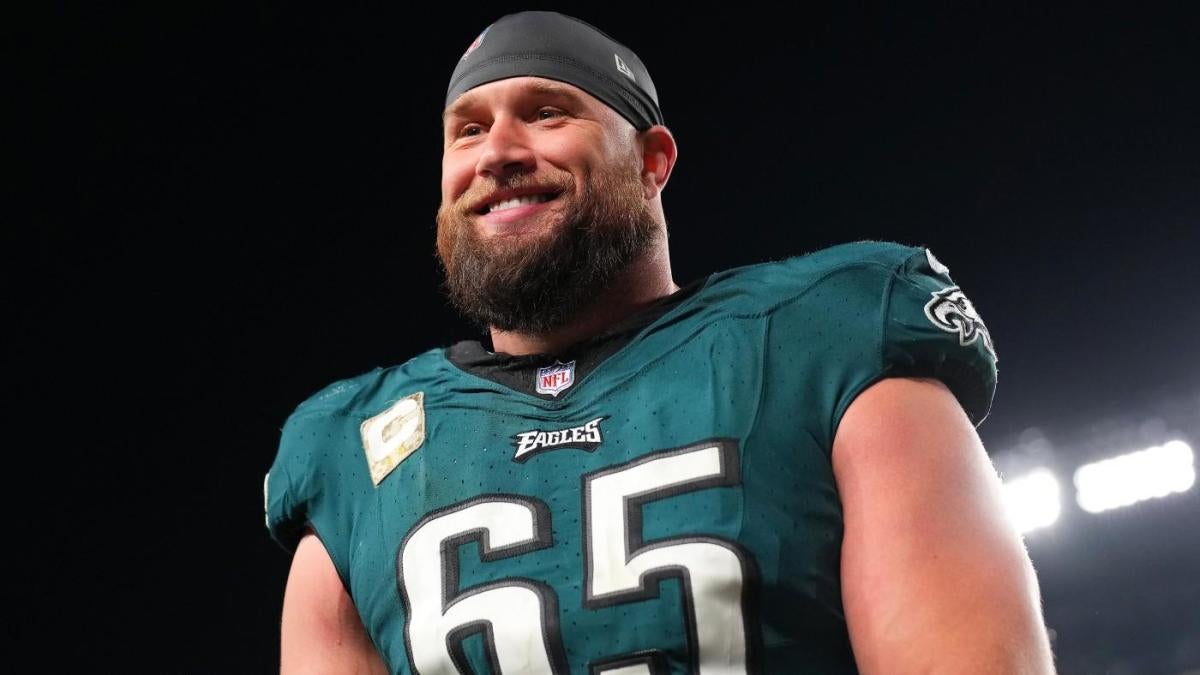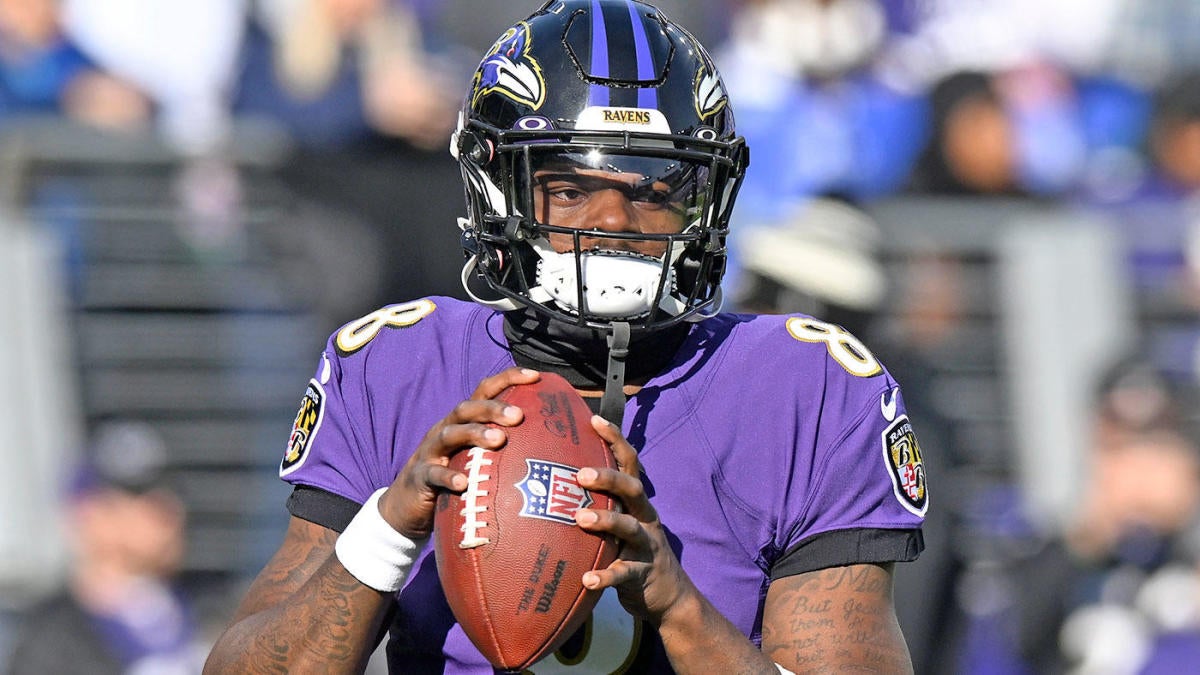
The Baltimore Ravens took a calculated risk by giving a non-exclusive franchise designation to quarterback Lamar Jackson for $32.416 million. If Baltimore’s idea was the non-exclusive tag would help bring clarity to Jackson’s contract situation because he would get a better idea of his value from talking to other NFL teams, it hasn’t worked out that way.
Curiously, some quarterback-needy teams where Jackson would be a significant upgrade were quick to publicly state there wouldn’t be an interest in him. To date, a market hasn’t developed for the 2019 NFL MVP’s services.
The non-exclusive tag allowed Jackson to start negotiating with other teams when the free agent signing period began on March 15. If Jackson signs an offer sheet with another club, the Ravens will have five days to match the offer. The Ravens would receive two first-round picks as compensation from the signing team with an offer sheet that isn’t matched. The principal terms of the offer sheet would become a binding contract for the new team.
The two first-round picks for Jackson would be considered an inadequate return relative to the trade compensation for quarterbacks Deshaun Watson and Russell Wilson last March. The Texans dealt Watson and a 2024 sixth-round pick to the Browns for 2022, 2023 and 2024 first-round picks, a 2022 fourth-round pick, a 2023 third-round pick and a 2024 fourth-round pick. The Browns gave Watson a fully guaranteed, five-year, $230 million deal in connection with the trade although he had four years remaining on his contract worth $136 million.
The Broncos acquired Wilson and a 2022 fourth-round pick from the Seahawks for multiple players (tight end Noah Fant, defensive lineman Shelby Harris and quarterback Drew Lock), 2022 and 2023 first-round picks, 2022 and 2023 second-round picks and a 2022 fifth-round pick. Wilson signed a five-year, $245 million contract extension, averaging $49 million per year, last preseason. The deal contains $165 million in guarantees with $124 million fully guaranteed at signing, which is the second most ever in an NFL contract.
The acquisition cost for Pro Bowl-caliber non-quarterbacks in recent years occasionally has been more than Jackson’s offer sheet draft-choice compensation. Safety Jamal Adams, cornerback Jalen Ramsey and offensive tackle Laremy Tunsil were each traded for more than two first-round picks. For instance, 2021 and 2022 first-round picks, a 2021 third-round pick and safety Bradley McDougald were dealt to the Jets for Adams and a 2022 fourth-round pick in July 2020.
The presumption has been the Ravens would match any offer sheet, which can have a chilling effect with other teams. That was my experience when I was an agent and had clients who were restricted free agents. Teams would repeatedly tell me they didn’t want to spend the time and effort putting together a deal for an offer sheet that surely would be matched. Jackson disclosing in a tweet last week that he requested a trade on March 2 — five days before he was designated as a franchise player — as Ravens head coach John Harbaugh was starting his media session at the NFL Annual Owners Meeting hasn’t seemed to change the perception.
Offer sheets for players given either a franchise or transition designation are a rarity since the 2011 collective bargaining agreement was implemented. The only two instances were for transition players where there wasn’t any draft-choice compensation and the team just had a right of first refusal or match rights.
The Browns matched a Jaguars offer sheet for center Alex Mack in 2014. The Bears prevented cornerback Kyle Fuller from going to the Packers in 2018 by exercising their right of first refusal with an offer sheet.
The 2011 CBA limited creativity with offer sheets by expressing prohibiting poison pills. Poison pills were outlawed because of the Steve Hutchinson and Nate Burleson ordeal in 2006.
The Vikings signed Hutchison, who was the Seahawks’ transition player, to a seven-year, $49 million offer sheet with a provision that guaranteed his entire contract if he wasn’t the highest-paid offensive lineman on the team at any point during his contract. Seattle didn’t match the offer because left tackle Walter Jones had a higher salary. The Seahawks retaliated by signing Minnesota restricted free agent wide receiver Nate Burleson to a backloaded, seven-year, $49 million offer sheet that became fully guaranteed if he played at least five games in the state of Minnesota in any season of the contract or his average salary was greater than that of the highest-paid running back on the team.
The rights and obligations for the incumbent team and new team can’t differ in an offer sheet. This means to deter the Ravens from matching, a team (other than the Bengals, Browns and Steelers) couldn’t create an offer sheet where Jackson’s contract would become fully guaranteed and his salary would be adjusted annually to make him the NFL’s highest-paid player by average per year if scheduled to play six or more regular-season games in any season against AFC North teams.
Generally, the most obvious thing for a team to do would be formulating an offer sheet utilizing an abundance of 2023 salary cap room that would be difficult to match. That won’t work the Ravens. Jackson’s $32.416 million franchise tender has been counting against Baltimore’s salary cap ever since he was given the designation. Outside of the Bears, who are committed to 2021 first-round pick Justin Fields at quarterback, no team has more available cap space than Jackson’s tag amount. Obviously, additional cap space could be created by restructuring contracts.
There is a way to structure an offer sheet which should comply with the CBA that might deter Baltimore from matching. The concept would be a one-year offer sheet with 2024 through 2027 contract years automatically voiding on the last day of the 2023 league year. All of the offer sheet amount, except Jackson’s $1.08 million league minimum base salary, would be a signing bonus payable in a lump sum within 15 days. There would also be a no-trade clause.
The four voiding/dummy years would be necessary to keep the 2023 cap hit low for the team extending the offer sheet since cap room is becoming a premium for most teams. Putting the void date as the last day of the 2023 league year is critical. Jackson won’t be able to be franchised in 2024 because voiding occurs after the deadline to designate franchise players, which is eight days before the start of the league year.
Jackson’s 2023 salary would approximate what his projected exclusive franchise tag would have been. The exclusive quarterback number was expected to be in the $45 million neighborhood.
A $44.5 million signing bonus with a $1.08 million base salary would make Jackson’s 2023 compensation $45.58 million, which is $13.164 million more than his actual franchise tag. The Ravens probably wouldn’t have an issue with the money in matching, considering Jackson’s 2023 cap number would drop to $9.98 million. That would be a 2023 cap savings of $22.436 million for Baltimore.
The problem is Jackson would test free agency in 2024 since a second straight franchise tag wouldn’t be an option given the voiding date if his tweet about wanting out of Baltimore is taken at face value.
The Ravens would only be eligible for a third-round compensatory pick at best in 2025 with Jackson leaving in free agency next March. His parting gift to the Ravens would be $35.6 million in 2024 dead money, a salary cap charge for a player no longer on a team’s roster, because of the bonus proration with the four dummy years. Baltimore could decide that the two first-round picks for the unmatched offer sheet is the better alternative if convinced Jackson wouldn’t sign long term before hitting the open market next year.
Presumably, Jackson wouldn’t just have talks about a one-year offer sheet with an interested team. At the very least, parameters, if not the basic framework for a long-term deal would be discussed.
A first renegotiation of a veteran contract can occur at any time under CBA rules. This is subject to a CBA provision specifically relating to unmatched offer sheets. There can’t be a renegotiation before the end of the regular season in the first contract year that provides for a salary reduction, though. The structure of the offer sheet makes it impossible to reduce Jackson’s 2023 compensation once the signing bonus is paid because all that is left is his league minimum base salary.
There doesn’t appear to be any other provision preventing Jackson and his new team from agreeing to a long-term deal at some point prior to the 2023 regular season in which the voiding/dummy years are converted into real contract years. The new team would have plenty of motivation for doing a multiyear contract a timely manner. Without one, Jackson could walk out the door in 2024 where he was only a one-year rental with two first-round picks being lost.
I consulted a couple of current NFL executives I have good relationships with about my offer sheet scenario. Their responses were made only under the condition of anonymity. An NFC team negotiator said, “I don’t think there’s anything that would preclude the offer sheet although (NFL) Management Council might not like it.” An AFC general manager agreed but added that most teams won’t get too creative with contracts.
The optimal time for an offer sheet would be after the NFL Draft when the compensation would be 2024 and 2025 first-round picks. For example, Jackson could be a viable alternative if the Colts don’t select a quarterback with the fourth overall pick. The expectation would be those picks given up would be in the latter portion of the first round because Jackson would help turn a team into a playoff contender, if not a Super Bowl contender.
Realistically, I don’t expect any team to make a run at Jackson with an offer sheet, especially with my concept. It would not be a surprise if the Ravens and Jackson ultimately have a marriage of convenience for the 2023 season where he is playing on a one-year deal.
Go to Source
Author: Joel Corry
April 5, 2023 | 3:15 pm
